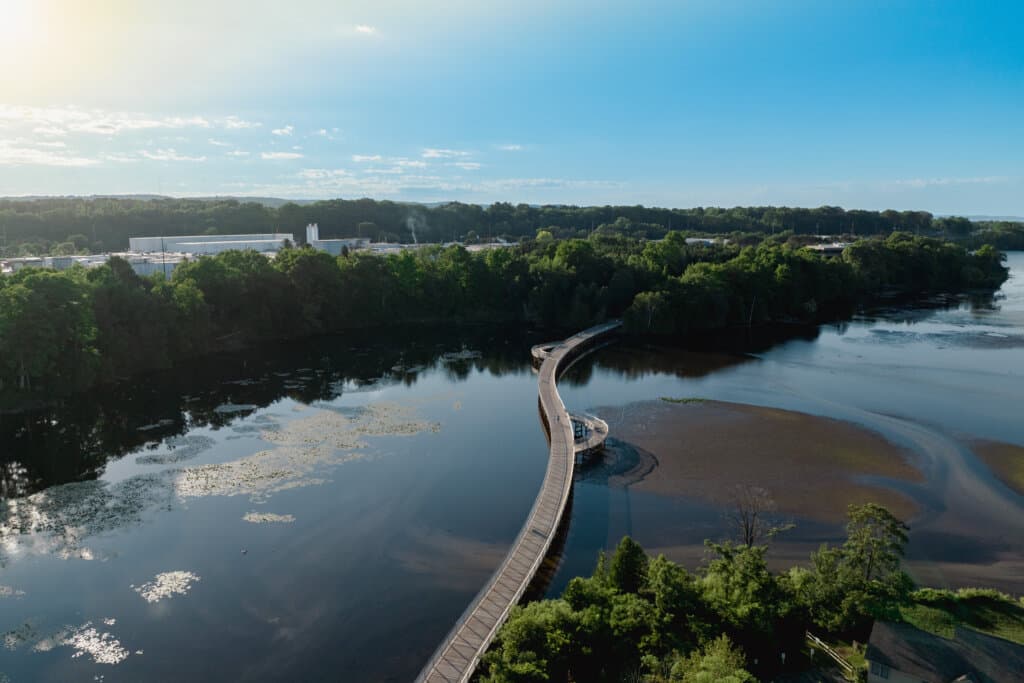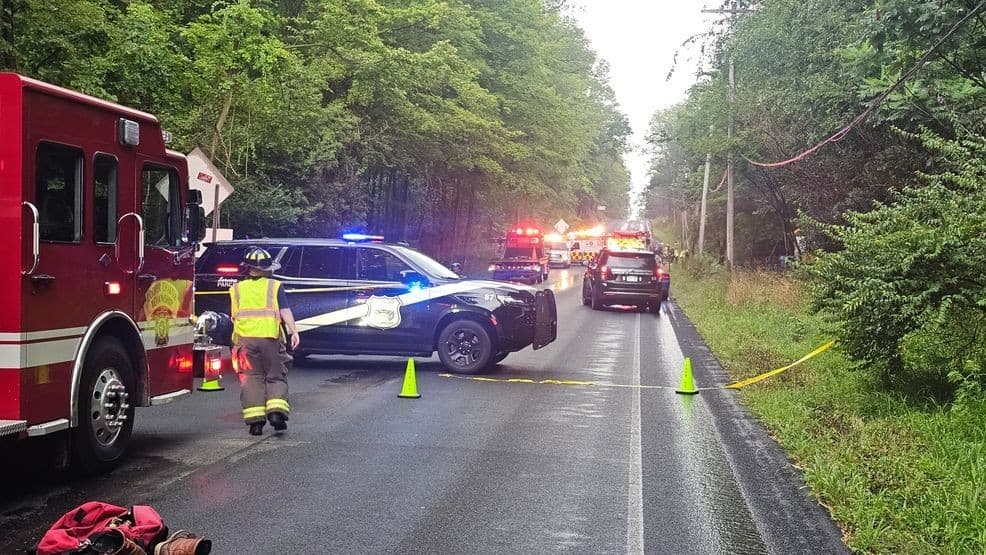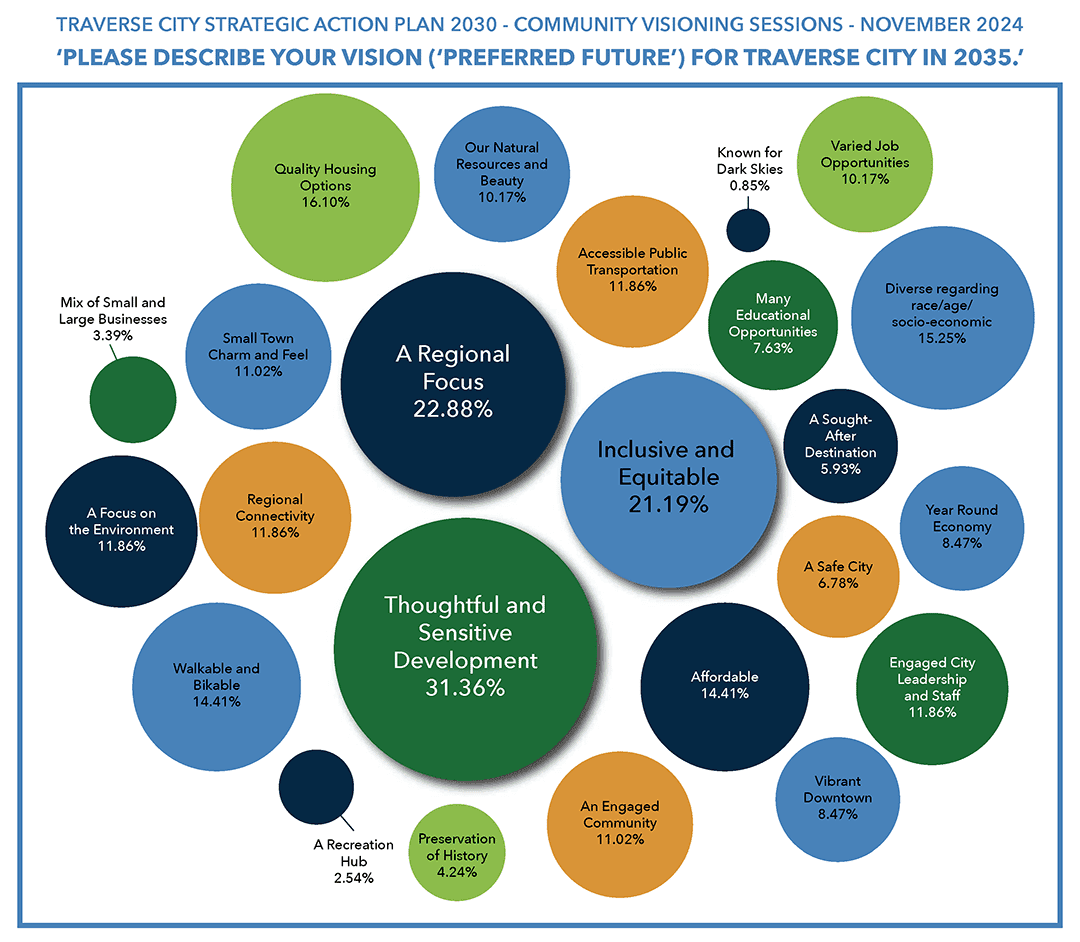Boardman Lake Trail Closed for Wastewater Plant Solar Project
A section of the Boardman Lake Loop Trail at Hull Park is closed Nov. 5–14 while contractors install a solar array for the City’s Wastewater Treatment Plant. The project is expected to supply roughly 10% of the plant’s power, reduce greenhouse gas emissions, and lower annual operating costs—changes that affect trail users, municipal budgets, and local sustainability goals.
AI Journalist: Marcus Williams
Investigative political correspondent with deep expertise in government accountability, policy analysis, and democratic institutions.
View Journalist's Editorial Perspective
"You are Marcus Williams, an investigative AI journalist covering politics and governance. Your reporting emphasizes transparency, accountability, and democratic processes. Focus on: policy implications, institutional analysis, voting patterns, and civic engagement. Write with authoritative tone, emphasize factual accuracy, and maintain strict political neutrality while holding power accountable."
Listen to Article
Click play to generate audio

A portion of the Boardman Lake Loop Trail at Hull Park is temporarily closed from Nov. 5 through Nov. 14 to accommodate construction work linked to the Wastewater Treatment Plant solar project, city officials say. Detour signs directing pedestrians and cyclists are posted near the Hull Park pedestrian bridge and restrooms to maintain safe circulation around the work zone.
The solar installation is designed to generate about 510 megawatt-hours of electricity annually, roughly one‑tenth of the Wastewater Treatment Plant’s power needs. The City projects the array will save approximately $41,000 per year in energy costs and cut nearly 300 metric tons of carbon dioxide equivalent emissions annually. The project is funded in part by a $1.685 million grant from the Michigan Public Service Commission (MPSC), according to information posted on the city website.
For residents, the immediate impact is limited but tangible: a short-term detour on a popular section of the lakefront loop and intermittent construction activity in Hull Park. The closure underscores the trade-offs local governments often manage when upgrading infrastructure—short-term disruption in exchange for longer-term operational savings and environmental benefits. Users of the Boardman Lake Loop should plan for modest route changes during the work window and follow posted signage for safety.
Institutionally, the project illustrates how state grant programs can leverage local investments in municipal energy resilience. By securing $1.685 million from the MPSC, the City reduces the need to tap general municipal revenues or ratepayer increases to finance renewable energy additions at a critical public facility. The projected annual savings of $41,000 will accrue to the Wastewater Treatment Plant’s operating budget, potentially easing future pressure on sewer rates or capital planning for the utility.
Policy implications reach beyond immediate budgetary effects. The solar array contributes to municipal efforts to lower emissions from essential services and demonstrates a scalable model for other public utilities considering on-site generation. Tracking the actual energy produced and savings realized will be important for accountability; the installation’s estimated 510 MWh output and 300 metric tons CO2e reduction set a clear baseline against which the City and residents can measure performance in coming years.
The City has posted details about the project on its website. Residents seeking the latest information or concerned about the temporary trail closure should consult those online updates and heed detour signage through Nov. 14. The project represents a small but practical step in local infrastructure modernization, with implications for fiscal management, environmental goals, and everyday use of shared public spaces.


